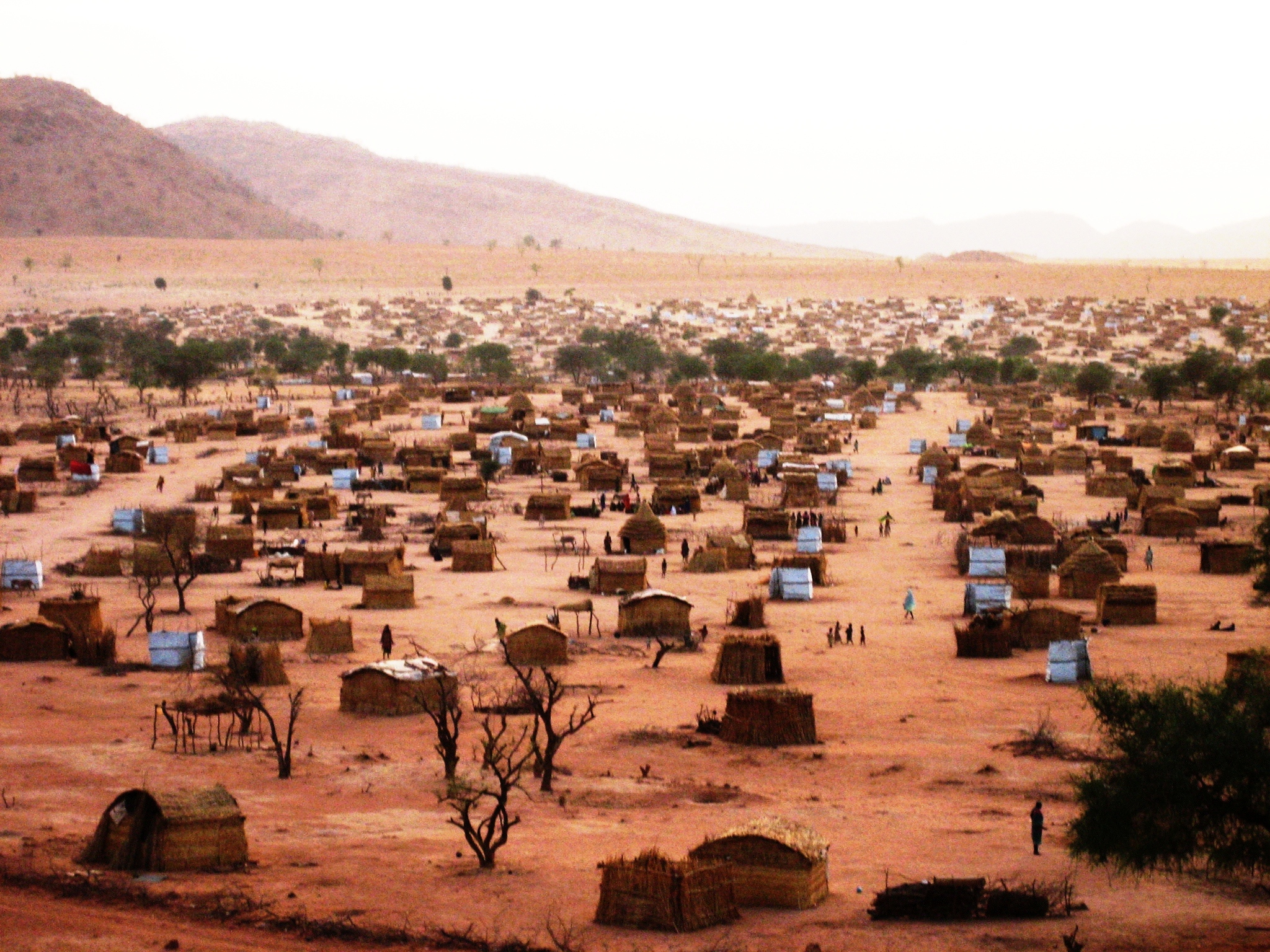In the past two days two different kinds of armed attacks have put aid workers on alert in eastern Chad near Sudan's Darfur region: one by robbers who attacked aid facilities; the other, a military offensive by Chadian rebels near the town that serves as a hub for humanitarian aid.
“The fighting between the army and rebels appears to have taken place outside the town of Hadjer Hadid [some 70 km from Abeche] but no shots were fired in the town as far as I know,” a humanitarian official in Abeche told IRIN on condition of anonymity. “We heard that rebels came to the town looking for water but we aren’t really sure what happened.”
“At this stage we do not expect either side to threaten humanitarian activities,” he added.
Aid workers say they are less concerned by the large-scale military offensives taking place around them than the banditry.
On 25 November armed bandits attacked Koukou Angarana, about 180 km southwest of Abeche. Two aid workers there were beaten with rifle butts and a security guard was shot in the leg, according to Reuters.
Banditry has been on the increase over the last two weeks, according to the head of the UN Office for the Coordination of Humanitarian Affairs in Chad, Eliane Duthoit. “Chadian security forces have made no arrests [of armed criminals] that we know of,” she said. “The criminals could be renegade army or rebels. We have no idea. We just know they pose a serious danger.”
The rebels have been less threatening, even when they took control of Abeche for 24 hours in November 2006. Aid workers were able to continue most of their activities unimpeded.
In recent days a truce between the Chadian government and four rebel groups, known as the Syrte accord, appears to have collapsed with the leaders of two of the main rebel groups – Mahamat Nouri – of the Union of Forces for Democracy and Development and Timane Erdimi’s Rally of the Forces for Change renouncing the deal.
Chad’s communication minister Hourmadji Moussa Doumgor said rebels crossed into Chad from Sudan on 24 November to attack government troops who were protecting refugee camps along the border. Clashes occurred between the towns of Abou Goulem and Am-Zoer, according to AFP.
According to Reuters, helicopters from both Chadian government forces and a French military unit based in Abeche pursued the rebels but failed to catch them.
European Union peacekeepers, about half of whom French, are preparing to deploy to the area in the coming weeks to facilitate humanitarian operations for some 400,000 Sudanese refugees and displaced Chadians.
Aid officials said they are closely monitoring the situation in the east. Abeche residents said they are concerned that the town could come under attack, “but we aren’t panicking,” one told IRIN.
dd/dh/np
This article was produced by IRIN News while it was part of the United Nations Office for the Coordination of Humanitarian Affairs. Please send queries on copyright or liability to the UN. For more information: https://shop.un.org/rights-permissions





